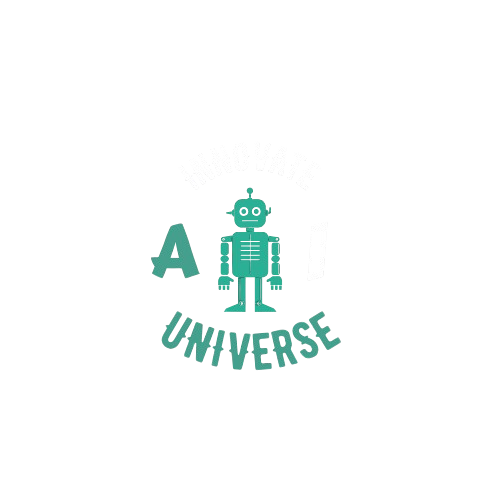INTRODUCTION:
Artificial intelligence (AI) is becoming more widely used across many societal areas, but especially in the pharmaceutical sector. In this review, we focus on the application of AI in various areas of the pharmaceutical industry, such as clinical trials, drug development and discovery, drug repurposing, and increasing pharmaceutical productivity. These applications of AI lessen human labor while also meeting goals quickly.

Based on the networks that make up AI systems’ fundamental design, a number of tools have been created. New York, USA-based IBM’s Watson supercomputer is one example of a tool created with AI technology.It was created to help with the examination of a patient’s medical records and their comparison with an extensive database, leading to the recommendation of cancer treatment plans. It is also possible to employ this technique for early disease detection. Its capacity to identify breast cancer in less than 60 seconds served as evidence for this.
AI is able to identify hit and lead compounds, validate drug targets more quickly, and optimize drug structure design.
- One could imagine AI being involved in the entire pharmaceutical product development process, from the bench to the bedside, because it can help with rational drug design and decision-making, identify the best course of treatment for a patient, including personalized medications, and manage the generated clinical data for use in future drug development.
E-VAI is an analytical and decision-making artificial intelligence platform created by Eularis. It leverages machine learning (ML) algorithms in conjunction with an intuitive user interface to generate analytical roadmaps based on competitors, important stakeholders, and existing market share to forecast key drivers in pharmaceutical sales.
This aids marketing executives in allocating resources for the purpose of maximizing market share gain, correcting underwhelming sales, and enabling them to predict where to make investments.
TARGET-BASED DRUG DEVELOPMENT:
For nearly three decades, target-based drug development (TDD) has dominated the process of discovering new drugs. However, despite this, many candidates for new drugs still fail clinical trials because of safety or efficacy issues. As a result, researchers are beginning to consider the complexity of diseases from other angles.
The intricacy of disease is becoming more and more apparent because to multi-omics data encompassing both static and dynamic aspects, such as proteomics, metabolomics, genomics, and epigenetics. By creating networks that mimic disease-causing pathways or by mapping information about target diseases from the literature to create connections between target diseases and bioactive compounds, artificial intelligence (AI) has demonstrated promise in extracting meaningful knowledge from large, high-dimensional, and even noisy databases.
Protein structure prediction has seen a revolution since the advent of AI algorithms, leading to the development of many techniques including Alpha Fold, Rosetta Fold, and ColabFold. Beyond protein structure, the recently disclosed AlphaFold3 model additionally forecasts ligand, nucleic acid, and post-translational modification structures. The creation of biologics is progressing at a much faster rate because to advancements in biomolecule prediction technologies.
By utilizing AI for large-scale knowledge intake, richer simulation to fill in knowledge gaps, automated hypothesis creation, and cloud-based experimentation, Accelerated Discovery expands on this legacy and speeds up the entire discovery process.
IBM is pursuing four areas where can have a lot of impact within drug discovery:
- Scientific- and chemistry-knowledge integration
- AI-enhanced scientific simulations
- Generative AI for molecular-lead generation
- AI for retrosynthesis planning.

Similarly, AI has different applications in pharmaceutical industry such as;
• Pharmaceutical companies worldwide are utilizing cutting-edge solutions powered by AI and machine learning algorithms to expedite the process of medicine research, development, and innovation.
These technological methods were created expressly to find complex patterns concealed within large datasets. Consequently, problems related to the research and development process may be solved by using AI applications in the pharmaceutical industry.
• Pharmacies may employ artificial intelligence in their research and development of novel medications to cure extremely rare diseases like Parkinson’s disease and Alzheimer’s disease.
It is a well-known fact that, according to Global Genes, around 95% of uncommon disorders do not have access to additional treatments that could speed up treatment and cure.


